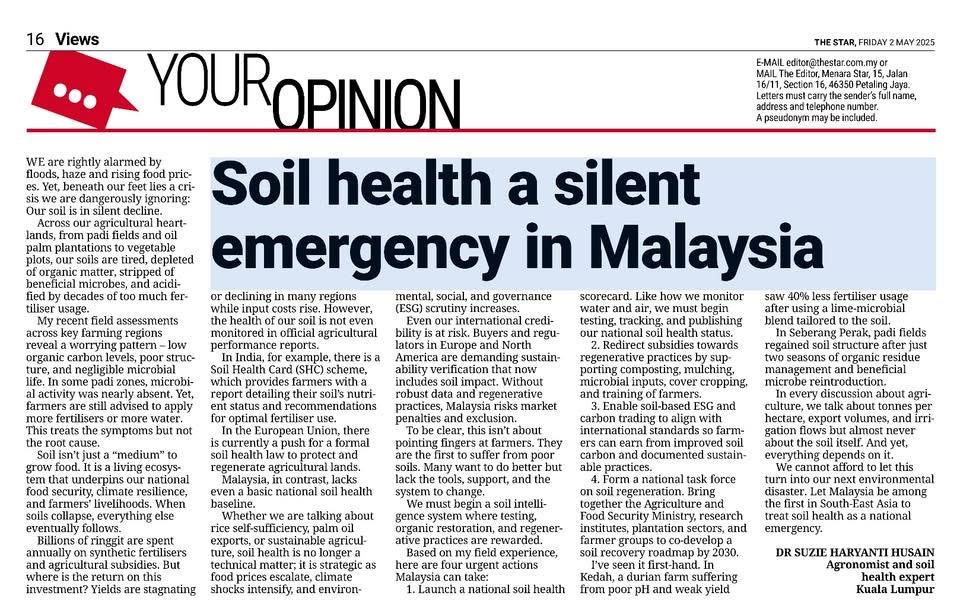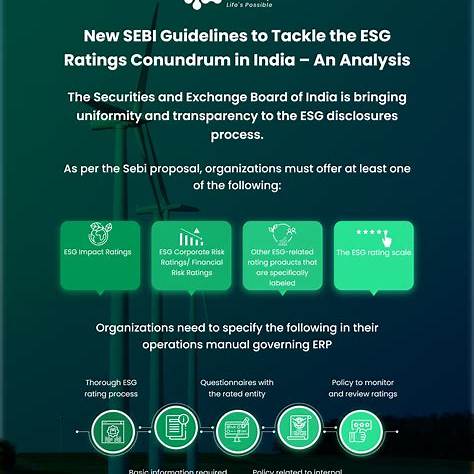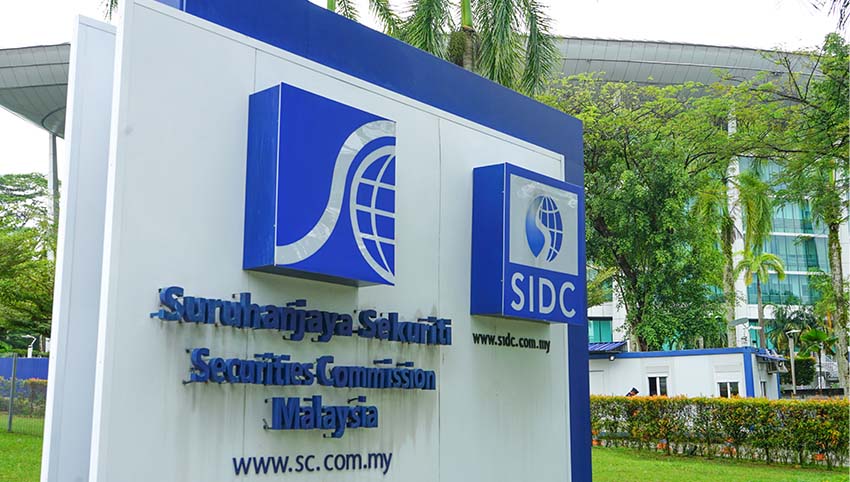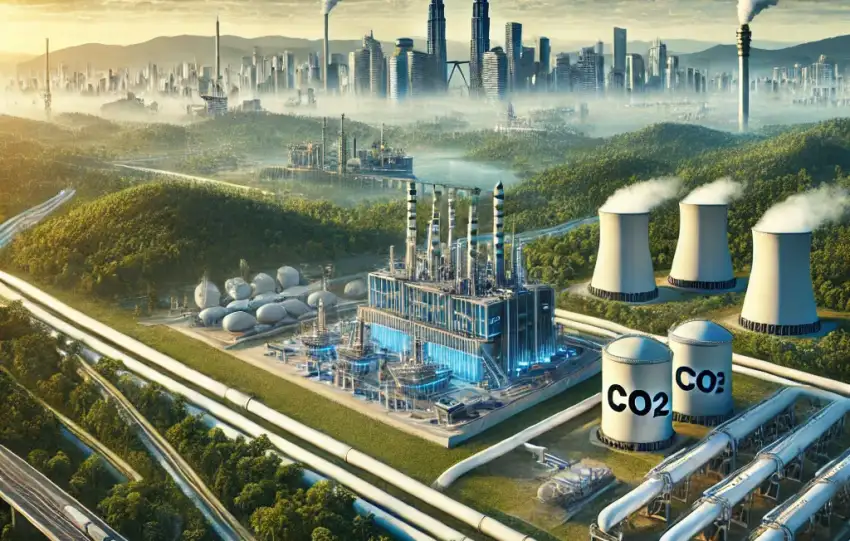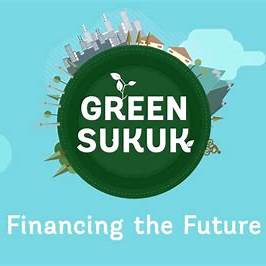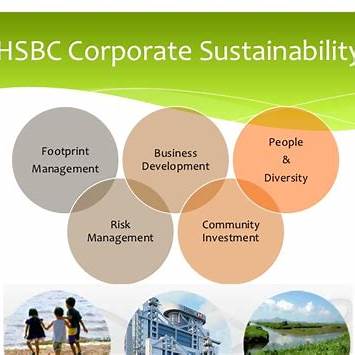3 May – The rapidly increasing pressures of climate change, food insecurity, and environmental degradation are amplifying the urgency to rethink agricultural practices. While water scarcity and air pollution often dominate the global discussion, the unseen crisis beneath our feet—the declining health of our soils—remains largely ignored. Soil health is integral not only to agricultural sustainability but also to the broader environmental, social, and governance (ESG) goals that shape a country’s future. In Malaysia, this is a challenge that demands immediate attention from all sectors of society.
Environmental Impacts of Soil Decline
Soil health directly influences the ability of ecosystems to function, absorb carbon, and support biodiversity. Malaysia’s agricultural sectors, from palm oil plantations to vegetable farms, are witnessing soil depletion at alarming rates. This depletion is caused by overuse of chemical fertilizers, monoculture farming, and the exhaustion of organic matter. As a result, soils have become less resilient, more prone to erosion, and increasingly unable to retain moisture, contributing to floods and droughts. With agricultural land at the heart of Malaysia’s economy, the environmental repercussions of poor soil health are far-reaching, from the loss of crop yields to the aggravation of climate change.
Incorporating ESG principles into agriculture requires shifting towards regenerative farming practices. These practices include crop rotation, organic fertilizers, and reduced pesticide use, which collectively help restore soil structure and enhance biodiversity. Furthermore, monitoring and improving soil health is crucial for mitigating the environmental impact of farming. This could include leveraging technology to create tailored, sustainable solutions for soil regeneration, such as soil health testing and composting.
Social Responsibility: Farmer Education and Empowerment
The social dimension of ESG is intrinsically linked to the welfare of farmers, whose livelihoods depend on the productivity of the land. Many Malaysian farmers are caught in a cycle of applying excessive fertilizers, not because they want to harm the environment, but because they lack knowledge and access to sustainable alternatives. There is a pressing need to provide farmers with proper training in sustainable farming techniques that enhance soil health while maintaining profitability.
Local communities are also deeply affected by the consequences of soil degradation. Poor soil quality leads to decreased crop yields, increasing food prices and insecurity, and exacerbating social inequalities. Through ESG-focused agricultural practices, the government and corporations can collaborate to educate farmers, provide subsidies for sustainable technologies, and help build resilient agricultural communities.
Governance: Strengthening Policy and Monitoring Systems
Governance structures play a pivotal role in addressing the soil health crisis. As highlighted in the article, monitoring soil health should become a national priority, with consistent tracking, testing, and publishing of soil data. This approach would ensure that agricultural practices align with global sustainability standards, and buyers and investors are assured that the agricultural products they purchase are environmentally responsible.
Incorporating soil health into Malaysia’s ESG framework could also help strengthen the country’s standing in international markets, especially those that emphasize sustainable sourcing and environmental impact. Transparent governance, with a focus on regenerative agriculture, would not only improve soil health but also increase market access for Malaysian farmers, creating a virtuous cycle of environmental and economic prosperity.
Conclusion: A Path Forward
Addressing the silent emergency of soil degradation requires a holistic ESG approach that integrates environmental stewardship, social equity, and sound governance. By prioritizing soil health, Malaysia can create a sustainable agricultural system that meets the needs of its people, mitigates the effects of climate change, and enhances the nation’s position in the global market.
As we look to the future, it is clear that restoring soil health is not just a matter of environmental necessity but also an economic and social imperative. The time to act is now, and the benefits of doing so will resonate across generations.
